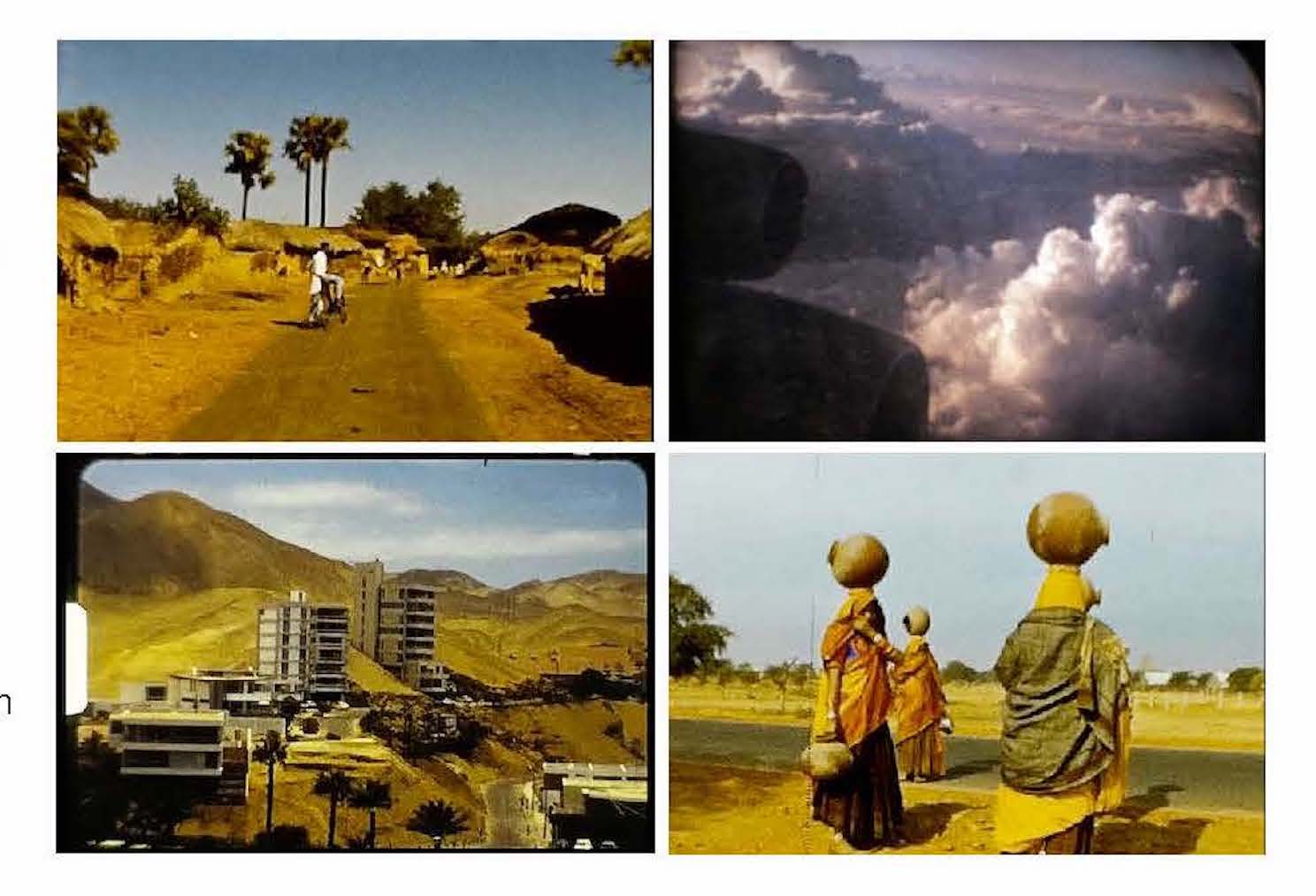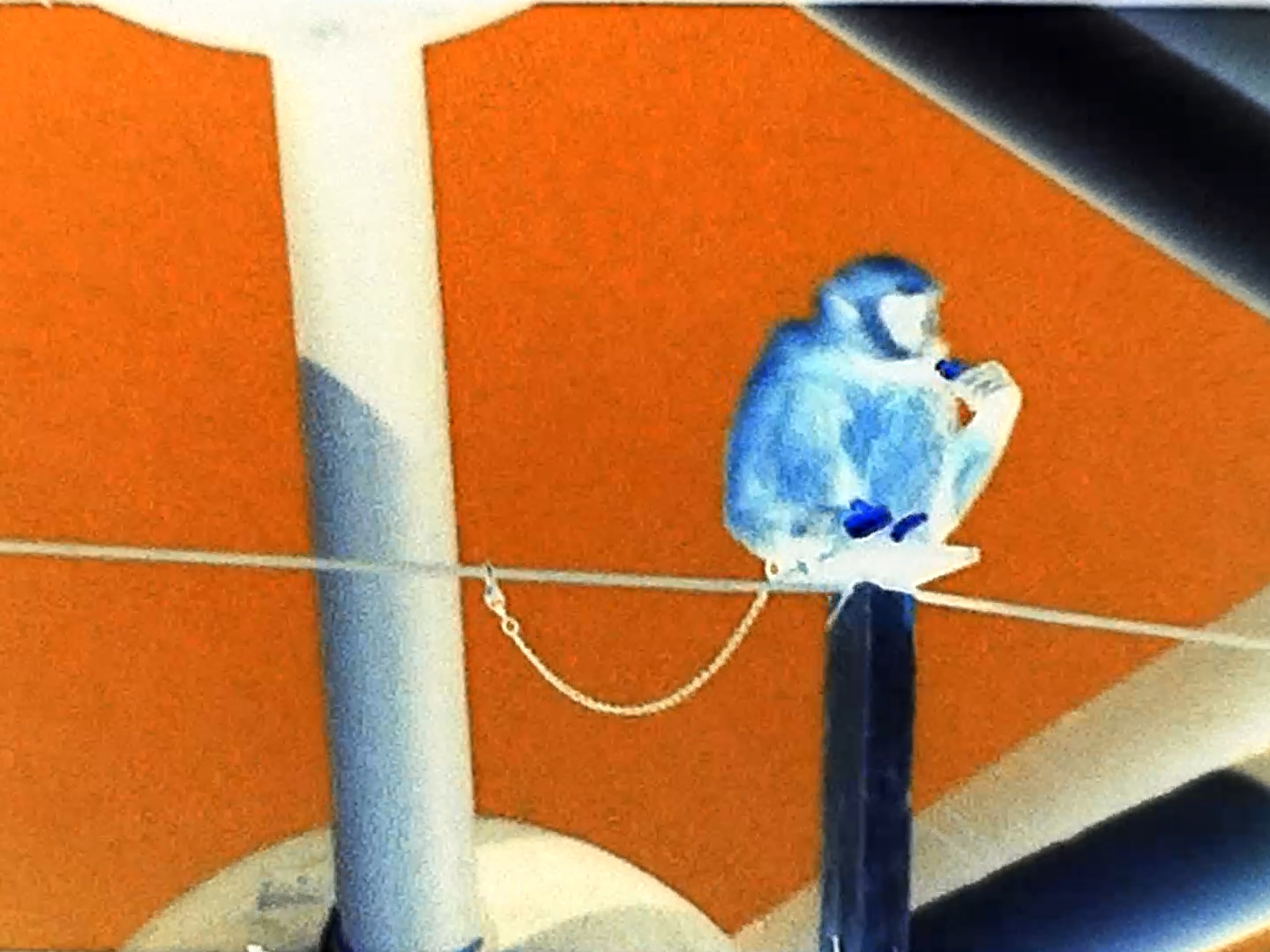Recordings: Study for the film ▪︎ doppleganger

Recordings: The study for the film represents the first phase of a long-term collecting activity of film material and artistic research which is based on found analog film and audio recordings. The exhibition in the form of an extended film consists of amateur travelogues recorded by Yugoslavs in the 1960s while working in Non-Aligned Countries. The postcolonial landscape in the eyepiece of the Yugoslav worker depicts cultural differences and cross-cultural experience, unconsciously including defamiliarization and interruptions in the project of non-alignment.
Amateur footage is treated as private documents and accidental ethnography, and the exhibition is built from essays, personal research and historical speculation. Relying on various montage processes, the project Recordings: The study for the film challenges the ideological structures inscribed in cultural representations and critically questions colonial and post-colonial ways of seeing and recording. The story of the film told through the materiality of audio-visual media seeks to provoke the optical unconscious in order to produce different ways of thinking about the past that are always also thinking about the future.
—
doppleganger artistic duo consists of Isidora Ilić and Boško Prostran, film/video artists who live and work in Belgrade. Their works deal with the relationship between art and politics by questioning the regime of moving images and the mode of their reception. Drawing on the traditions of experimental film and video, doppleganger intervenes on already existing media products or produces in the form of an extended film. Although the moving image is their main medium, their practice also includes text, spatial installations, performances, lectures and discussions. The doppelganger’s works are in public collections, and they have been presented at individual and group exhibitions and at film/video festivals in the country and abroad. They are editors of the publication Amateri za film (Belgrade, 2017) and winners of art scholarships and residencies, film festival awards and Politika’s “Vladislav Ribnikar” award.

